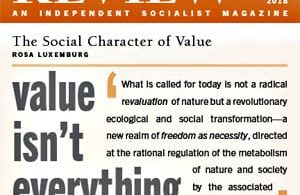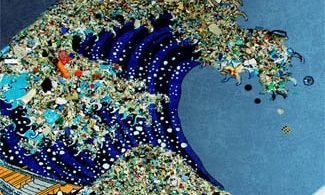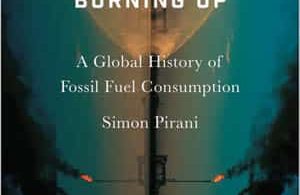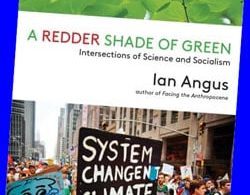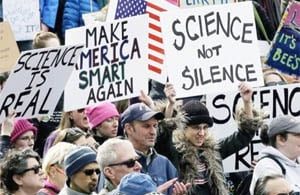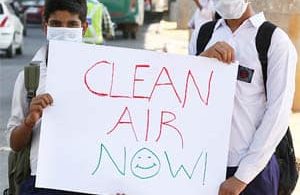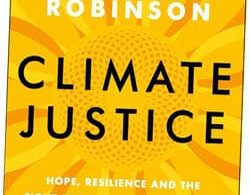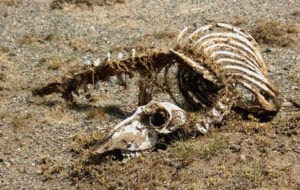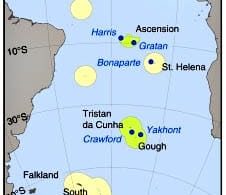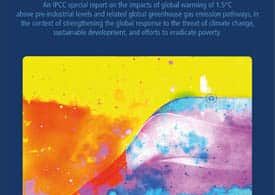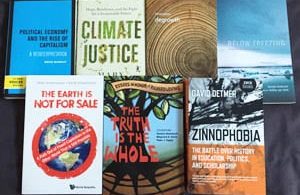A superb popular account of what’s wrong with capitalism and what working people must do to get rid of it. Highly recommended!
Marxist ecosocialism and the value debate
Many socialists have contributed to the debate on Marxism, nature, and value, strengthening our common understanding of the enemy we face and the movement we must build.
It’s time to break up capitalism’s love affair with plastic
A valuable invention is massively misused in the service of profit, producing unprecedented waste and pollution. How can we stop the plastic plague?
Modern slave ships overfish the oceans
'Seafood caught illegally or under conditions of modern slavery is laundered by mixing it with legally caught fish before it enters the supply chain.'
Fossil fuel production and use exploded in the 20th century. Can we stop the flow in the 21st?
In 'Burning Up' Simon Pirani shows why fossil fuel consumption has grown so fast, and why only radical social change can prevent climate disaster now
Ecosocialist Bookshelf, November 2018
A bumper crop! Eight new books on biofuels, nutrition fraud, imperialism, post-capitalism, indigenous sovereignty, coral reefs, moral economists, and chicken
Capitalism is killing the world’s wildlife, not ‘humanity’
By failing to name the system responsible, the new Living Planet report undermines its own call for a collective response to the biodiversity crisis.
The Logic of Human Survival
Veteran socialist says 'A Redder Shade of Green' should be read by all who are concerned with climate change and the degradation of the environment.
The Tragedy of American Science
Corporations and the Pentagon have transformed science from a creative force for human advancement into its destructive and antihuman opposite.
Over 90% of the world’s children breathe toxic air every day
UN report says polluted air is poisoning millions of children. In 2016 alone, 600,000 children under 15 died from infections caused by polluted air.
Hope, Resilience, and the Fight for a Sustainable Future
In 'Climate Justice,' grassroots activists from around the world, mostly women, tell their stories. A powerful and compassionate book.
Greenhouse gases and mass extinctions: Speed kills
In past warming events, atmospheric CO2 rose too fast for many species to adapt. Today it is rising 10 times faster than at any time in 66 million years.
Ecosocialist Bookshelf, October 2018, Part 2
Can the Working Class Change the World? Plagues and the Paradox of Progress. Fishing and Civilization. History of Fossil Fuel. Monopoly Seeds and the Fight to Save Food
A Marxist History of Capitalism
An important work of Marxist history and theory restores class struggle to central place in explaining how capitalism arose and grew, and can eventually be overcome
Reply to Trump: Global warming explained in three easy tweets
137 words and two graphs. A climate scientist demolishes the world's leading climate science denier
IPCC report puts global warming crisis in Anthropocene framework
Implicitly challenging the weak 2016 Paris Agreement, scientists say climate change is part of the broader global emergency and any responses must reflect that.
Plastic plague intensifies on remote southern islands
Plastic pollution is now reaching some of the most remote areas of Earth. Scientists find 100 times more plastic debris on isolated South Atlantic islands than 30 years ago.
IPCC: 1.5° will be bad and 2.0° will be worse, radical change needed NOW
Major report finds that global climate outlook is far worse than previously thought; calls for immediate and sweeping change to prevent catastrophe
Half-Earth: A biodiversity ‘solution’ that solves nothing
Proposals to remove all humans from half of the Earth ignore the root causes of the biodiversity crisis and undermine progressive struggles for social justice.
Ecosocialist Bookshelf, October 2018
New books: Essays for Richard Levins ... The Earth is not for Sale ... Defending Howard Zinn ... The Rise of Capitalism ... Degrowth ... Climate Justice ... Below Freezing



